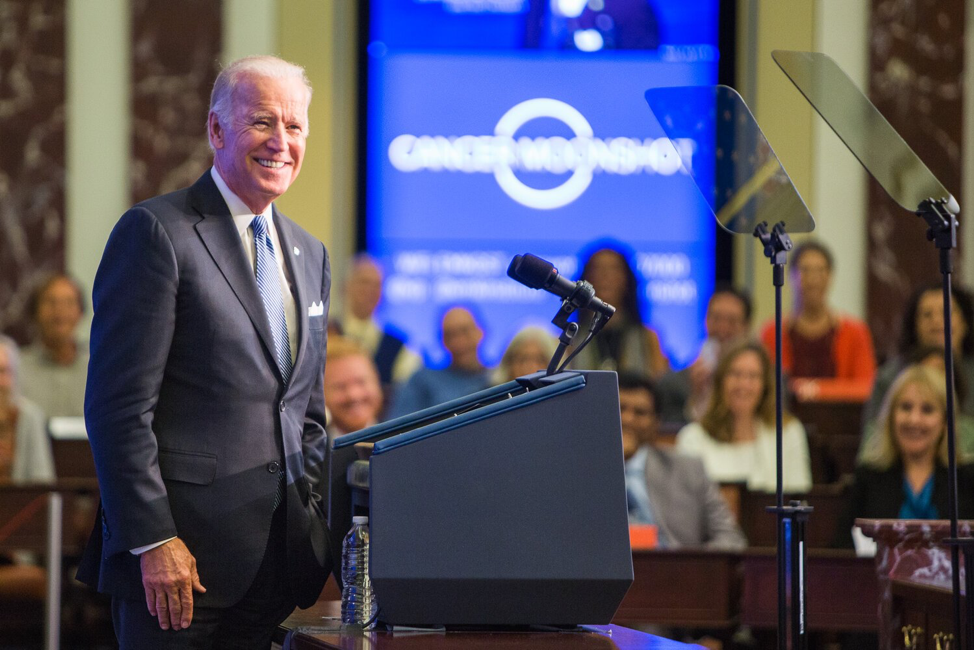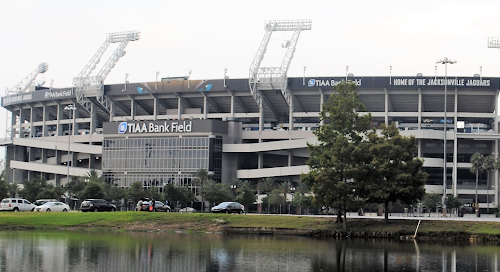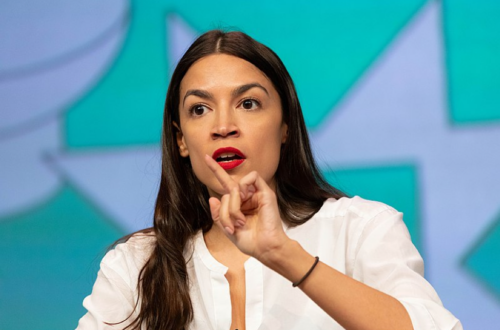President Joe Biden is in the process of building a diverse Cabinet comprised of many minority groups who have not previously been represented at this level of the federal government.
Biden and Vice President Kamala Harris have made it their goal to have the most diverse Cabinet in history, and this diversity will mold the policies developed for the nation in the coming years.
At the same time, Biden has received criticism from various people who feel that their interests are not being represented by his proposed Cabinet. Rep. Mark Takano, D-Calif., has stated that he is “profoundly disappointed” by the lack of Asian American and Pacific Islander representation in the Cabinet. He directed comments toward Biden, stating that he does not “appreciate that you’re going to say that this is the most diverse Cabinet in history.”
Biden is also receiving criticism indicating that some believe his diversity objective is steering the positions away from more progressive, but less diverse, candidates. Robert Johnson, the president of the Institute for New Economic Thinking, raised the concern that “identity politics is used as a mask” in the Biden administration.
However, Maurice Mitchell, the national director of the Working Families Party, stated that “Biden’s Cabinet as a class is more progressive than Obama’s so far.”
Many people in political circles seem to have contradicting opinions about Biden’s Cabinet. While it cannot be denied that the Cabinet’s diversity is unmatched, its effectiveness will be determined in the coming months and years.
Seven members of the Cabinet have been confirmed by the Senate as of Feb. 10, including retired Gen. Lloyd T. Austin, the first African American secretary of defense, and Avril Haines, the first woman to become the director of national intelligence.
Others confirmed include Pete Buttigieg, the first open member of the LGBTQ+ community to be appointed to a Cabinet position, and Alejandro Mayorkas, the first immigrant and Latino to serve as the Secretary of Homeland Security. Many of the other nominees would make history by breaking racial and social barriers as well.
The Cabinet’s decisions have had a historically significant impact on Florida. One example of its influence lies in Florida’s 11 national parks. The Department of the Interior is responsible for conserving America’s resources and protecting areas of cultural significance, and as such the Secretary of the Interior is responsible for the establishment and upkeep of national parks.
The Department of the Interior is currently working alongside Gov. Ron DeSantis, R-Fla., on the Central Everglades Planning Project South, which will improve the flow of water to Everglades National Park from the center of the Everglades. This will enhance water quality for millions of Floridians and help to restore terrestrial and aquatic habitats in the area.
Col. Jason Kelly, the South Atlantic Division Commander of the U.S. Army Corps of Engineers, stated that the project is “a great example of partnership…from federal and state leaders.”
Another instance of synergy between the federal and state levels comes from nominated Secretary of Education Miguel Cardona. One of Cardona’s goals is to safely re-open schools as soon as possible in order to allow students to resume a more traditional learning experience.
DeSantis has also been firm in his belief that schools should re-open, as he views education as an essential service. If Cardona is confirmed, his policies will be aligned with the efforts of DeSantis, which may lead to Florida students attending school in person sooner rather than later.
Additionally, Secretary of Homeland Security Alejandro Mayorkas has advocated for the expansion of immigrants’ rights and plans to continue. There are approximately 4.5 million immigrants who live in Florida, and Mayorkas’s approach to this new position will have many impacts on this population.
Mayorkas served as the deputy of U.S. Citizenship and Immigration Services from 2009 to 2013. While in that position, he implemented the Deferred Action for Childhood Arrivals immigration policy, which legalizes the U.S. residency of immigrants who came to the country as children.
According to the American Immigration Council, Florida is home to more than 24,000 DACA recipients. Mayorkas will likely assist Biden with providing further opportunities to DACA recipients and possibly expanding protection to more immigrants.
The Biden administration will have many decisions to make in the upcoming weeks and months as far as handling the ongoing COVID-19 pandemic and introducing policies that vary from those passed during the Trump administration.
As the dust settles on the transfer of power, Florida, along with the rest of the nation, will experience the changes that the new administration implements.
Featured image: President-elect Biden speaking to his constituency in 2020. Unmodified photo by Eric Haynes used under a Creative Commons License. (https://bit.ly/3cbEsgq)
Check out other recent articles from the Florida Political Review here.





